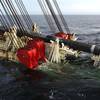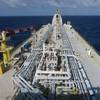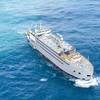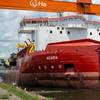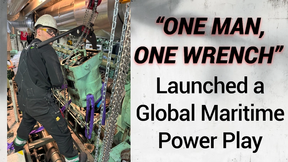The U.N.-backed government in Libya has not invited European ships into its territorial waters to help stop people smuggling because this could harm efforts to broaden support for the fledgling government, its envoy to Rome said on Tuesday.
Ahmed Elmabrouk Safar, ambassador to Rome for Fayaz Seraj's Tripoli-based Government of National Accord (GNA), told reporters foreign warships within sight of its coast "would not help Libyan stability".
"Inviting foreign military and naval forces in Libyan waters could be seen as an important security-led step which might cut down on the number of people who are crossing over the Mediterranean, but would it help in unifying the country in the current phase?" the envoy said.
The Tripoli government, established in March, is still struggling to assert its authority. It does not control the entire country, including much of the coastline. Armed groups hold real power on the ground and in the east there is a separate government that has not accepted the GNA.
This is allowing people smugglers to operate in relative impunity. Last week some 880 migrants may have died in three separate shipwrecks, while more than 13,000 were rescued at sea, the U.N. Refugee agency said on Monday.
The European Union has deployed warships to fight people smuggling off the coast of Libya and Italy has its own naval force in the area, but they have not been invited by the Seraj government into territorial waters, which would allow them to stop migrant boats before they reach the open sea.
Libya still lacks resources to fight smuggling alone, including a navy or coastguard fleet, Safar said. Tug boats are being used to stop some migrant boats, he said.
What is important for a long-term solution to the smuggling is that the Seraj government build a national consensus so that it can eventually enforce territorial control, and EU training and boats so that it can field its own coastguard fleet, Safar added.
(Reporting by Steve Scherer)



